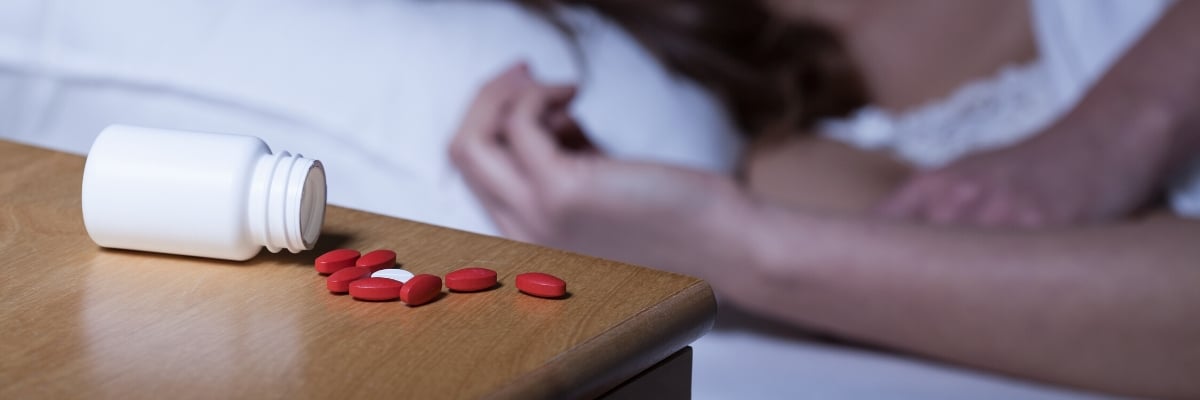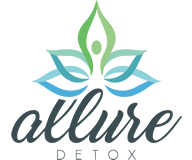Sleep is one of the basic needs of a human being to survive. How much and how good you sleep can affect your mental and physical health and your everyday functioning, such as your productivity, emotional balance, brain and heart health, immune system, creativity, vitality, and even your weight—so many health benefits from just lying around and doing nothing.
It is said that adults need 7 – 9 hours of sleep, but most of us don’t get the minimum, and we don’t even know that we are sleep-deprived. We might think it is normal to be sleepy in the afternoon or during a boring meeting, but this is true only if we are sleep-deprived. We might not even remember what it feels like to be fully awake and fully alert.
For some, we may have a hard time falling asleep and staying asleep, which is often called insomnia. Simple lifestyle changes can help with getting to sleep and staying asleep. Such changes as exercise, no alcohol, or nicotine can continually improve a person’s sleep cycle and prevent insomnia. If these simple lifestyle changes don’t seem to work and lack of sleep or insomnia is severe. It is starting to affect your everyday life and health; consulting your physician may be needed to suggest a sleeping pill for a short-term solution.

There are Many Types of Sleeping Pills
The range of sleeping pills includes supplements and over-the-counter (OTC), and prescription drugs. Over-the-counter and prescription drugs should not be taken for the long term because they can lead to dependence and the opposite effect when you stop taking them.
Supplements such as melatonin and valerian root are natural and sometimes used in pill form, teas, or food. These do not lead to dependency.
Many over–the–counter drugs are often as sleeping pills:
- Diphenhydramine, found in Benadryl, Advil PM, etc., is a sedating antihistamine. Side effects might include daytime drowsiness, dry mouth, blurred vision, constipation, and urinary retention.
- Doxylamine succinate, found in Unisom SleepTabs, is also a sedating antihistamine with the same side effects as Diphenhydramine. Both should not be used long-term, can cause dependency, and have the opposite effect when not taken.
Commonly used sleeping pills that your physician may prescribe include:
- Ambien® (zolpidem tartrate)
- Dalmane® (flurazepam hydrochloride)
- Halcion® (triazolam)
- Lunesta® (eszopiclone)
- Prosom® (estazolam)
- Restoril® (temazepam)
- Rozerem® (ramelteon)
- Silenor® (doxepin)
- Sonata® (zaleplon)
- Desyrel® (trazodone)
- Belsomra® (suvorexant)
If used over a long period of time, there can be some serious health problems that can occur, such as:
- Memory problems
- Mental and behavioral disorders
- Learning problems
- Worsening of insomnia symptoms beyond their baseline when the pills are discontinued
If you or a loved one have been on sleeping pills for an extended period of time, have an addiction, and are trying to get off them, you may experience very unpleasant withdrawal symptoms. The symptoms can be intense but vary from person to person, just like any substance, on how long they have been taking it and the severity of the addiction. Some of these symptoms can become life-threatening; therefore, medical detox is recommended.
Common sleeping pill withdrawal symptoms include:
- Body spasms
- Seizures
- Insomnia
- Anxiety
- Drug cravings
- Irritability
- Depression
- Confusion
- Sweating
- Increased heart rate
- Nausea
- Vomiting
Help With Sleeping Pill Addiction
If you or a loved one are looking for help with a sleeping pill addiction, then you’ve come to the right place. At Allure Detox, the first requirement of our detox center is that it protects the health and safety of its patients. This is the least that substance abusers and their families should expect from a decent facility. Without these protections in place, the detox doesn’t serve a purpose in the recovery process. Patient safety should be an ironclad guarantee.
When it comes to Allure Detox, we provide much more than the bare minimum. Of course, we help clients stop using safely – that’s just a given. Almost as important as that, though, is that we offer clients the foundation for a lifetime of relief and recovery. That’s the Allure Detox promise: that patients leave our care with more than good health at their disposal. Our focus is on minimizing your withdrawal symptoms to a comfortable level while beginning the comprehensive treatment process that will keep you sober.

